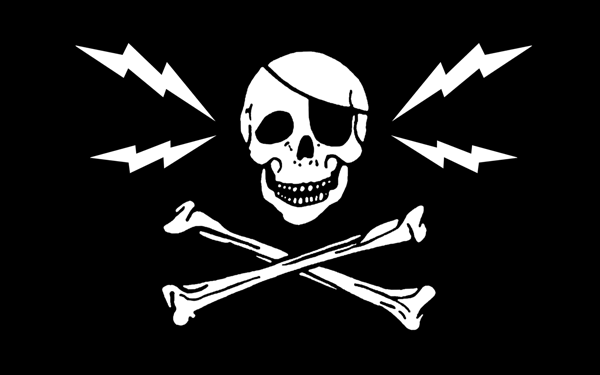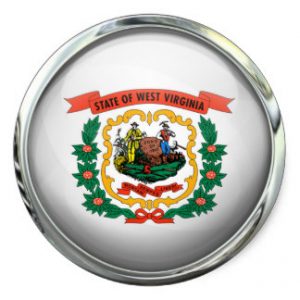The pandemic kept field agents at the Federal Communications Commission out of the field. But as things return to a new normal, agents are returning to the streets and that means broadcasters will see stepped-up enforcement of pirate radio violations. The FCC last week put four property owners on notice that an unlicensed station came from a building they owned, and they could face fines of up to $2 million — the maximum now allowed under federal law.
“You are hereby notified and warned that the FCC may issue a fine of up to $2,000,000 if … we determine that you have continued to permit any individual or entity to engage in pirate radio broadcasting the property that you own or manage,” said the notices sent to four property owners. None of the letters sent by the Enforcement Bureau accused the owners of being the operators of the pirate stations.
The FCC says one of the unlicensed stations is in the long-running pirate hotbed of Philadelphia operating at 103.5 FM. Agents based at the FCC’s Columbia, MD field office were in the city in January and they used direction finding technology to track the signal back to a home on Lloyd Street.
Another is in Baltimore, where field agents tracked an unlicensed station at 91.3 FM back to a property on Francis Street.
FCC field agents were also in the Wilkes Barre-Scranton, PA market in January investigating a suspected pirate at 87.9 FM. They tracked the signal back to the Mi Pueblo Wireless store in a Hazleton, PA strip mall. The owner of the building, who lives in Kissimmee, FL was put on notice that she could face fines because of it.
On the West Coast, Portland-based field agents were also busy in March tracking down an unlicensed station at 100.5 FM. They traced the signal back to the Jefferson RV Park in La Grande, OR.
In each of the cases the FCC gave the property owners ten days to respond by providing evidence that they are no longer permitting pirate radio broadcasting to occur on their property. The FCC also asked that they identify who was engaged in the illegal broadcasting.
Read more – Inside Radio:










More Stories
Emergency officials use ham radio operators during winter storms (West Virginia)
Via the RSGB: RSGB QSL Bureau sub-manager update
via Amateur Radio Daily: IP400 Project Chooses Modulation Method for Supernode